Recognized around the world as leaders in the field, our ophthalmologists and optometrists have received training and served as educators at some of the world’s most esteemed and highly regarded academic institutions.
Our specialists are proud to be on Newsweek’s list of 350 best ophthalmologists and optometrists in the USA.

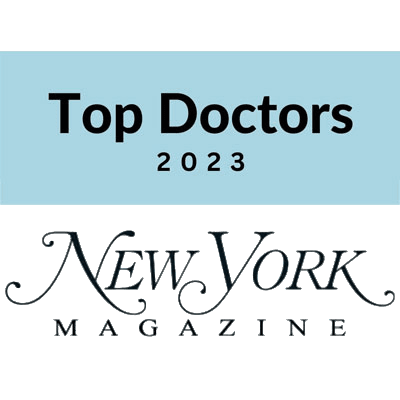
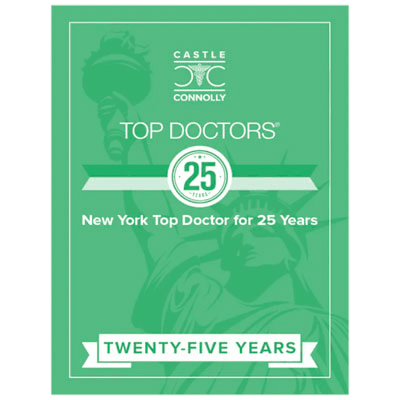
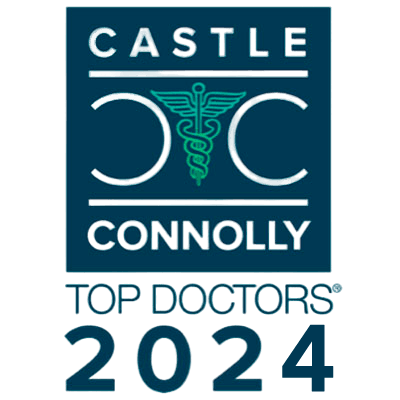
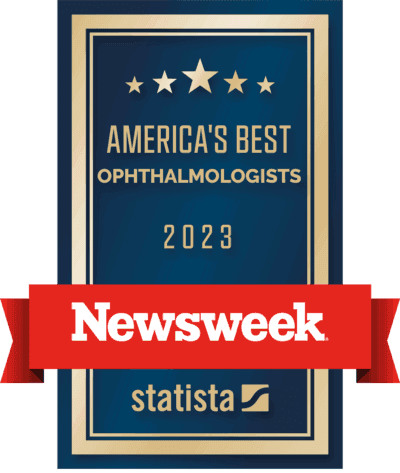
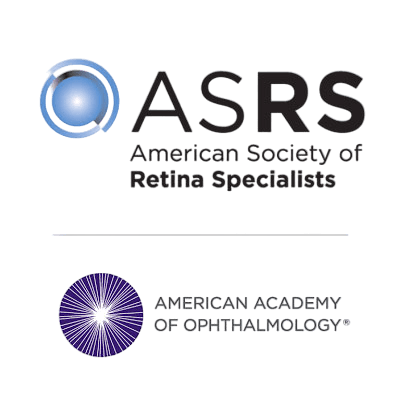
Our physicians are proud to be at the forefront of quality vision correction worldwide, establishing global benchmarks for exceptional patient care.
Dr. Richard F. Spaide is a retinal disease specialist with over 400 peer-reviewed articles, 50+ book chapters, and several edited books. He graduated from Muhlenberg College and Jefferson Medical College, completed his Ophthalmology Residency at St. Vincent’s Hospital, and his Retina Fellowship at Manhattan Eye, Ear, and Throat Hospital. His research focuses on macular diseases, retinal surgery, and ocular imaging.
Dr. Cooney is a vitreoretinal surgeon who was an assistant professor at Johns Hopkins University and later directed the Medical Retina Service and fellowship program at Duke from 2001 to 2005. He earned an MBA from UNC’s Kenan-Flagler Business School. Dr. Cooney Helped establish InnoRx, an ophthalmic drug delivery and pharmaceutical company acquired by SurModics.
To become an optometrist, one needs to complete a four-year undergraduate degree (bachelor’s degree) in a science- or health-related field. Afterward, one earns a Doctor of Optometry (OD) degree studying vision care, which typically takes an additional four years.
An ophthalmologist is an MD, or medical doctor, who has also earned:
Our practice ensures the best and most comprehensive eye care in the city as well as targeted eye care for children from trained experts in pediatric eye care.
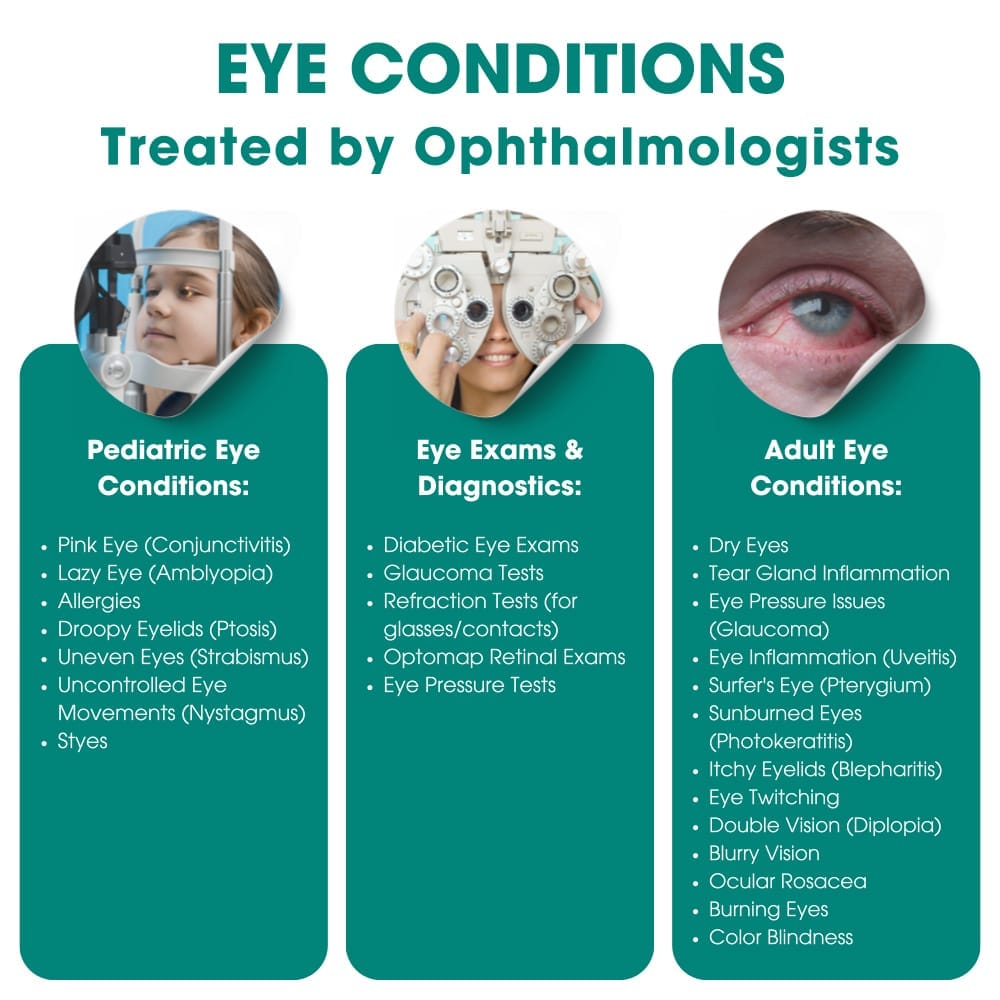
Richard F. Spaide, MD, is certified by the American Board of Ophthalmology. He brings decades of experience to Eye Physicians clinic in New York City. After hundreds of publications, many breakthrough innovations and countless accolades, he remains an active and eager participant in the vision care for his patients.
This is the type of specialist you want to work with your family. His specialty is retinal diseases. He’s affiliated with a number of local New York hospitals.
Among his many achievements, Dr. Spaide:
The entire staff at this office is always professional, helpful and friendly. In addition, Dr. Cooney is extremely knowledgeable and his treatments have helped my mom immensely. Her macular condition appears to have been arrested. This had not been achieved with her previous ophthalmologist.
ReviewsDr. Cooney was really great and personable! He explained how lifestyle habits are affecting my eyes and talked through what I can do to prevent/improve my eyelid health. He also recommended an eyelid treatment that I never knew existed - after careful consideration, I think I would greatly benefit from it if I decide to do it.
ReviewsDr. Cooney is a kind and caring individual. He has a wonderful ability to explain medical procedures in easily understandable terms. I highly recommend him.
ReviewsCooney is one of the most knowledgeable opthalmologists in New York. He’s also very kind and cares about his patients. He explains things clearly and thoroughly.
ReviewsMichael J. Cooney, MD, is another eye expert with a wealth of experience in the various treatment modalities of vitreoretinal diseases. His expertise is in diagnosing, treating and managing macular degeneration that’s age-related and diabetic retinopathy.
Dr. Cooney is an ophthalmologist who has also been involved in developing new therapeutic modalities and diagnostic equipment.
He’s been a professor and enjoys training fellows and residents at the Manhattan Eye Ear and Throat Hospital. His decades of experience include:
In addition to providing your family with a wealth of experience in treatment of eye vision problems, our eye clinic supports specialists in pediatric eye with the ability to offer regular pediatric eye exams and treatment for conditions often seen in children such as:
This family practice prides itself on working diligently to get you in and out of the office in less than an hour with a definitive plan of action to address your vision concerns. They have the latest technology and innovations in eye tests that, in addition to special testing protocols for kids, include:
The earlier you get tested for certain eye disorders and begin the appropriate treatment, the better chance you have of keeping the eyesight you have. Don’t take chances with your eye health. Contact Eye Physicians practice today for a routine eye exam or emergency eye care appointment and get treatment for any type of eye disorder, including:
Entrust the care of your precious eyesight to highly skilled and experienced eye care professionals. For top-notch ophthalmologists and optometrists in Downtown Manhattan, choose Eye Physicians. Eye Physicians ensures prompt care, precise diagnosis, and personalized treatment plans.
Schedule an Appointment